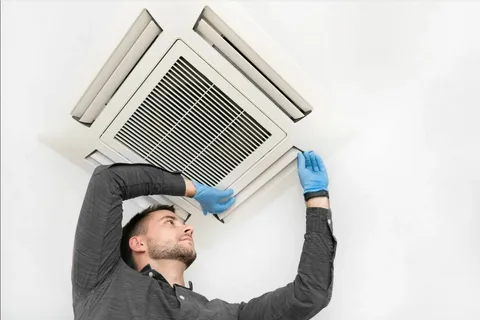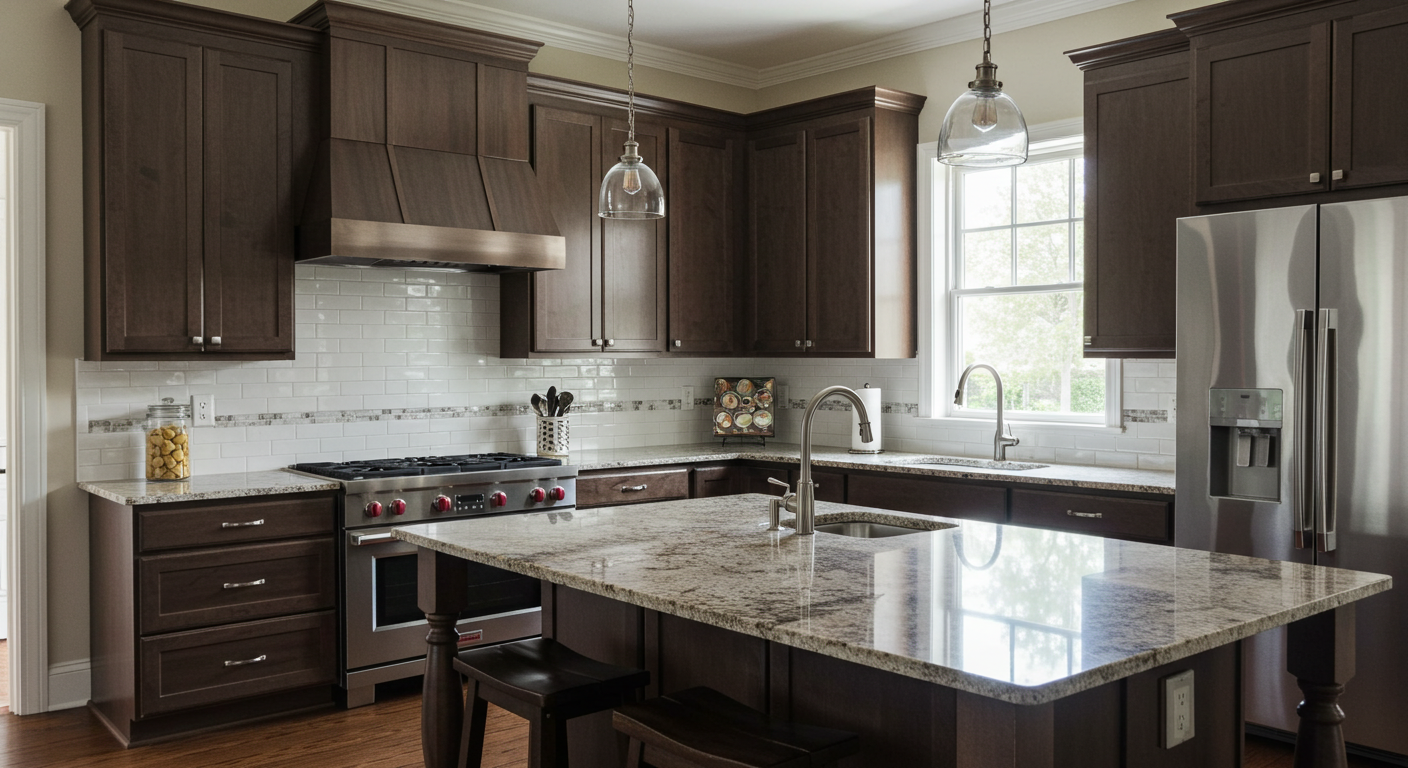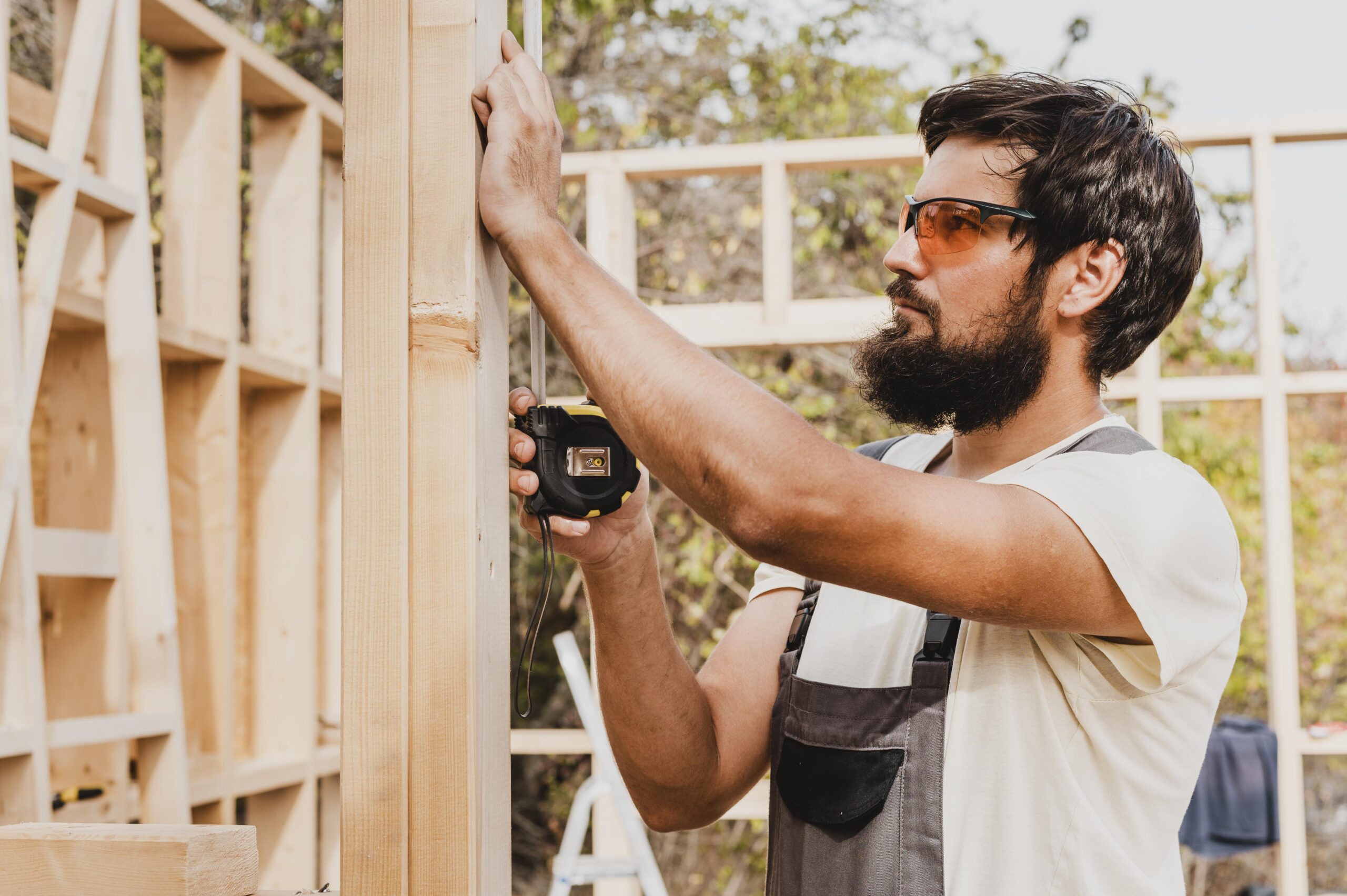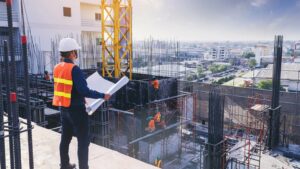Air Balancing: Enhance Your HVAC System’s Efficiency Comfort
When it comes to maintaining a comfortable and energy-efficient indoor environment, air balancing plays a crucial role in ensuring your HVAC system works as intended. Whether you’re experiencing hot or cold spots in your home or office, or simply want to improve the overall airflow, air balancing is the solution. At GGI HVAC LLC we specialize in providing expert air balancing services that help optimize your HVAC system, ensuring even airflow, better comfort, and enhanced energy efficiency.
1. What is Air Balancing?
Air balancing is the process of adjusting and optimizing the airflow in your HVAC system to ensure that air is distributed evenly throughout the space. This process involves the fine-tuning of air vents, ducts, dampers, and other components of the system to ensure that every room in your home or office receives the right amount of air.
Proper air balancing helps achieve the following benefits:
- Even Temperature Distribution: Prevents hot and cold spots, providing a consistent and comfortable temperature in all areas.
- Improved Air Quality: Ensures that air is circulated effectively, reducing the likelihood of pollutants or stale air accumulating.
- Enhanced Comfort: Provides more consistent and comfortable airflow, so you don’t have to deal with rooms that are too hot or too cold.
- Energy Efficiency: Optimizes the operation of your HVAC system, reducing energy consumption and lowering utility bills.
2. Why is Air Balancing Important for Your HVAC System?
Air balancing is essential for maximizing the efficiency and effectiveness of your HVAC system. Here are some of the key reasons why air balancing is crucial:
Optimized Energy Efficiency
When your HVAC system is properly balanced, it works more efficiently, using less energy to heat or cool your space. Proper airflow helps your HVAC unit reach the desired temperature more quickly, reducing the strain on the system and saving energy.
Increased Comfort
Uneven airflow can result in certain areas of your home or office being too hot or too cold. Air balancing ensures that every room receives the appropriate amount of airflow, maintaining a consistent temperature throughout. Whether you’re working in your office or relaxing in your living room, air balancing ensures that comfort is maintained everywhere.
Improved Indoor Air Quality
Air balancing helps ensure that your HVAC system circulates air properly, which can lead to better indoor air quality. Even airflow prevents the accumulation of dust, allergens, and pollutants in certain areas of your space, helping you breathe easier and reducing allergy symptoms.
Extended HVAC System Lifespan
When your HVAC system is balanced and operates efficiently, it experiences less wear and tear, which can extend its lifespan. A well-maintained system also requires fewer repairs, saving you money in the long run.
3. How Air Balancing Works
Air balancing is a comprehensive process that requires both technical knowledge and the right tools. Here’s an overview of how air balancing works:
Initial Assessment
A professional technician begins by assessing your HVAC system and the airflow in your space. They may inspect the ductwork, vents, and HVAC components to determine any existing issues. This evaluation helps identify problem areas, such as rooms with poor airflow or rooms that are too hot or cold.
Adjusting Dampers and Vents
To ensure even airflow, technicians adjust the dampers and vents in your system. Dampers control the amount of air that flows into each room, and adjusting them can help balance the airflow. Similarly, the placement and orientation of vents are also adjusted to optimize air distribution.
Balancing the Airflow
The technician uses specialized equipment to measure the airflow in different areas of your home or office. This includes using devices like an airflow hood or manometer to measure the pressure in the ductwork. These measurements help determine where adjustments are needed to balance the airflow.
Testing and Fine-Tuning
Once adjustments have been made, the technician will test the system again to ensure that the airflow is balanced. This may involve running the HVAC system for a period of time to verify that each room receives the appropriate amount of air. Fine-tuning may be necessary to ensure optimal performance.
4. Common Signs Your HVAC System Needs Air Balancing
Not sure if your HVAC system needs air balancing? Here are some common signs that indicate you may benefit from professional air balancing services:
- Uneven temperatures: Some rooms may be too hot while others are too cold.
- High utility bills: If your energy bills are unusually high, it could be due to inefficient airflow.
- Poor air quality: You may notice a lack of ventilation, stale air, or increased dust and allergens.
- Inconsistent airflow: Airflow from vents may feel weak or inconsistent, making certain areas uncomfortable.
- Noisy HVAC system: A poorly balanced system may produce unusual noises as it struggles to push air through the ducts.
If you’re experiencing any of these issues, it may be time to schedule an air balancing service to restore your HVAC system’s efficiency.
5. Benefits of Professional Air Balancing
While some minor adjustments can be made on your own, air balancing requires a professional with the right tools and expertise to get the job done correctly. Here are the benefits of hiring a professional air balancing technician:
Accurate Measurements
Professionals use specialized tools to measure airflow and pressure with precision, ensuring accurate adjustments. This guarantees that the system is balanced correctly and that air is flowing evenly throughout your space.
Comprehensive Assessment
A professional technician will perform a comprehensive assessment of your HVAC system and ductwork. They can identify potential issues such as leaks, blockages, or poorly sized ducts, which can impact airflow. Fixing these issues during the air balancing process can improve the overall performance of your HVAC system.
Time-Saving
Air balancing can be a time-consuming process, especially if you’re not familiar with HVAC systems. Hiring a professional ensures the job is completed quickly and efficiently, allowing you to enjoy the benefits of balanced airflow sooner.
Improved System Performance
A professionally balanced HVAC system operates more smoothly and efficiently, reducing the likelihood of breakdowns and extending the life of your system. Proper airflow means your HVAC system doesn’t have to work harder than necessary, improving overall performance.
6. Frequently Asked Questions (FAQ)
How often should I get air balancing?
It is recommended to have your HVAC system balanced every few years, especially if you notice uneven temperatures or high energy bills. If you’re installing a new HVAC system or renovating your home, air balancing should be done as part of the process.
Can air balancing help with humidity issues?
Yes, proper airflow can help regulate humidity levels in your home, improving comfort and preventing issues like mold growth.
Will air balancing reduce my energy bills?
Yes, by optimizing airflow and improving your HVAC system’s efficiency, air balancing can help reduce energy consumption, leading to lower utility bills.
Conclusion
Air balancing is an essential service for ensuring your HVAC system operates at peak efficiency. Whether you’re dealing with uneven temperatures, high energy bills, or poor air quality, air balancing helps restore balance, improve comfort, and save energy. Contact us today to schedule an air balancing service and enhance the performance of your HVAC system.












Post Comment